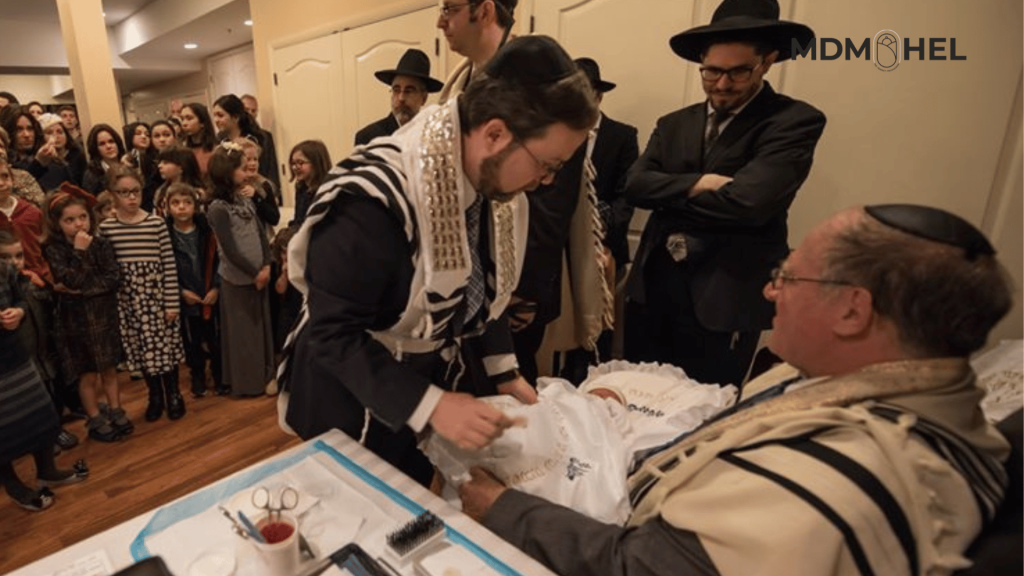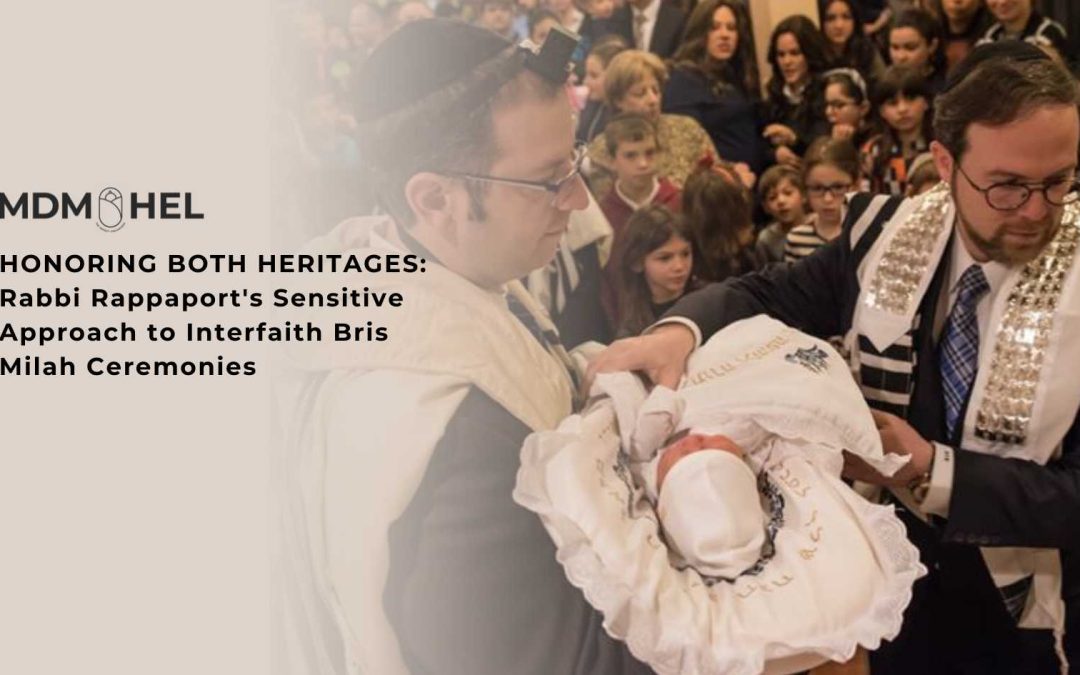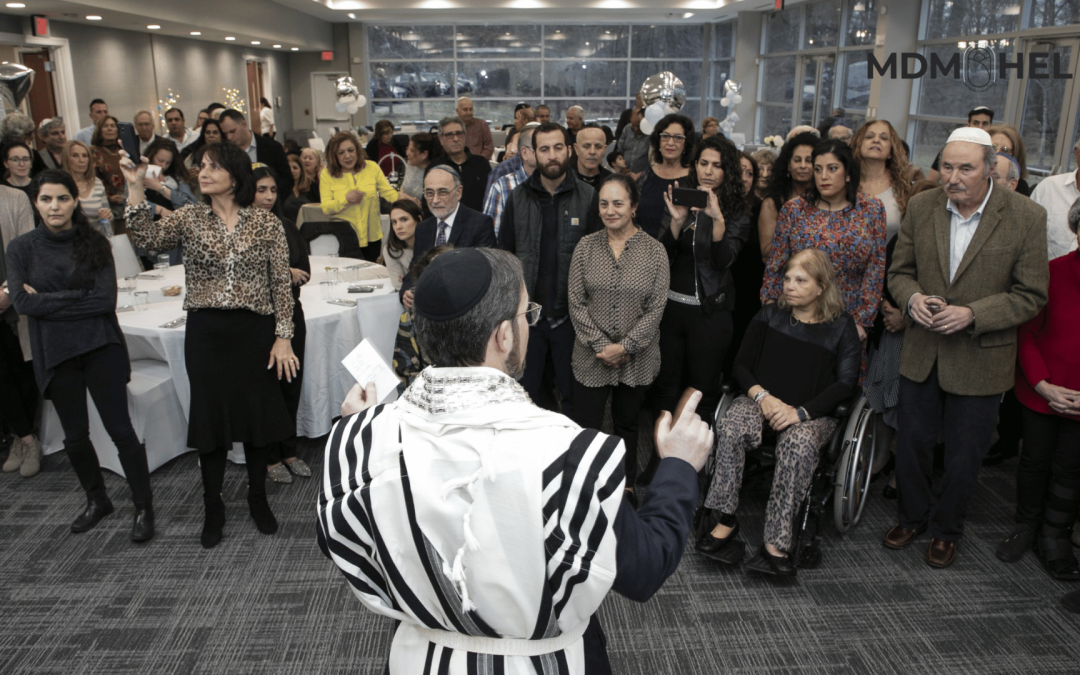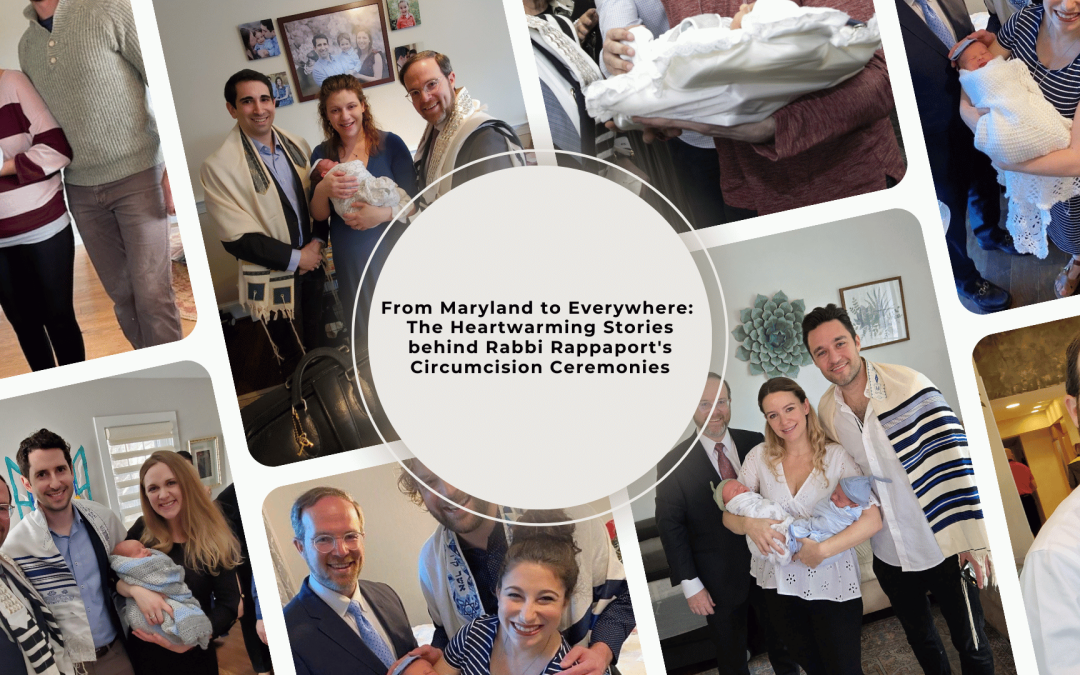Welcoming a premature baby into the world is a journey filled with unique challenges and delicate decisions.
Among the many considerations that parents of premature babies face is the question of circumcision—a procedure that carries profound cultural, religious, and medical significance.
Explore the key factors that influence when and how circumcision can safely be performed on premature babies.
From understanding the significance of the 37th-week milestone to addressing potential health concerns, you’ll gain clarity as you navigate this important decision for your child.
When is a Baby Ready for Circumcision?
The primary rule of thumb is that circumcision should only be performed when the baby is 100% healthy and has been cleared by the doctor. This precaution ensures that the procedure is as safe as possible and minimizes any potential risks.
One key factor in timing the circumcision is the production of vitamin K, which typically begins around the eighth day after birth. Vitamin K and Rabbi Rappaport’s technique play a central role in blood clotting, helping to reduce the risk of bleeding during and after the circumcision.
For this reason, many parents prefer to wait until the eighth day before proceeding with the procedure, even when the baby is healthy and meets all other criteria.
Generally, a weight of around 5 pounds is considered the healthiest benchmark for circumcision. It ensures the premature baby has reached a sufficient level of physical development to handle the surgery safely.
If your baby was born before the 37th week but is healthy and has reached this weight milestone, they may be ready for circumcision. For twins, reaching the 37th week is considered full-term, and circumcision can typically proceed according to plan.
The Importance of Full Health Clearance
Babies born during or after the 37th week are generally considered full-term, and their development is typically more stable.
Rabbi Rappaport typically performs perfect circumcisions on babies who are born during or after the 37th week, as they are more likely to have reached the necessary milestones for a safe procedure.
Is Circumcision Safe for Premature Babies?
Circumcision isn’t off the table for babies born before the 37th week. If a baby born earlier is healthy, has reached the appropriate weight, and has no underlying health concerns, circumcision is more than a viable option!
4 Key Medical Contraindications Parents Should Know
- Underdeveloped Lungs: Babies with respiratory challenges often require additional time and care before they are strong enough for any procedure.
- Low Blood Sugar Levels: Hypoglycemia in newborns can be a sign of metabolic stress. Blood sugar levels must be stabilized before considering circumcision.
- Jaundice: High bilirubin levels indicate liver immaturity, which may need to be managed before proceeding with circumcision.
- Neonatal Intensive Care: If your baby needs intensive care or close monitoring after birth, it’s often best to wait until they have fully recovered and stabilized.
Even if your premature baby has reached the appropriate weight and birth week, it’s often recommended to wait at least a week after hospital discharge to ensure they are stable and thriving.
This precautionary period allows for any lingering health concerns to be addressed, providing peace of mind that your baby is fully prepared for the procedure.
When to Delay Your Baby’s Bris Milah
In some cases, additional health issues may warrant delaying your baby’s Bris Milah.
Even if the procedure is delayed, Rabbi Rappaport uses the same careful technique until the premature baby is up to 10 months old.
Rabbi Rappaport is experienced in working with families to ensure that circumcision is performed at the most appropriate time.
Rabbi Rappaport Will Work with Your Baby’s Doctor for the Perfect Circumcision Experience
A premature baby may still require additional medical support, such as oxygen or a heart monitor, after being released from the hospital.
Rabbi Rappaport has extensive experience working with families and medical professionals in these situations. He understands the importance of careful coordination and will only proceed with the circumcision once he has the full clearance from your baby’s physician.

Trust Rabbi Rappaport to Provide the Perfect Circumcision Experience!
Thousands of grateful families recommend Rabbi Rappaport as the ideal Mohel for the perfect Bris Milah ceremony! Ensure peace of mind and a perfect outcome with a trusted expert. Reach out now and take the first step towards ensuring your child’s circumcision is perfect. We also invite you to read or write a review of your experience with Rabbi Rappaport!
Don’t just take our word for it—hear from the families who have experienced Rabbi Rappaport’s exceptional care. One delighted parent shared her wonderful experience having Rabbi Rappaport perform her son’s Bris!
Let Rabbi Rappaport do the job if you plan to organize a ritual circumcision for yourself or your child. Contact him anytime on his cell at (443) 790-6541. You can also send him an email at rabbi@mdmohel.com or visit his website. He will be happy to support you in making sure you have a perfect experience!







